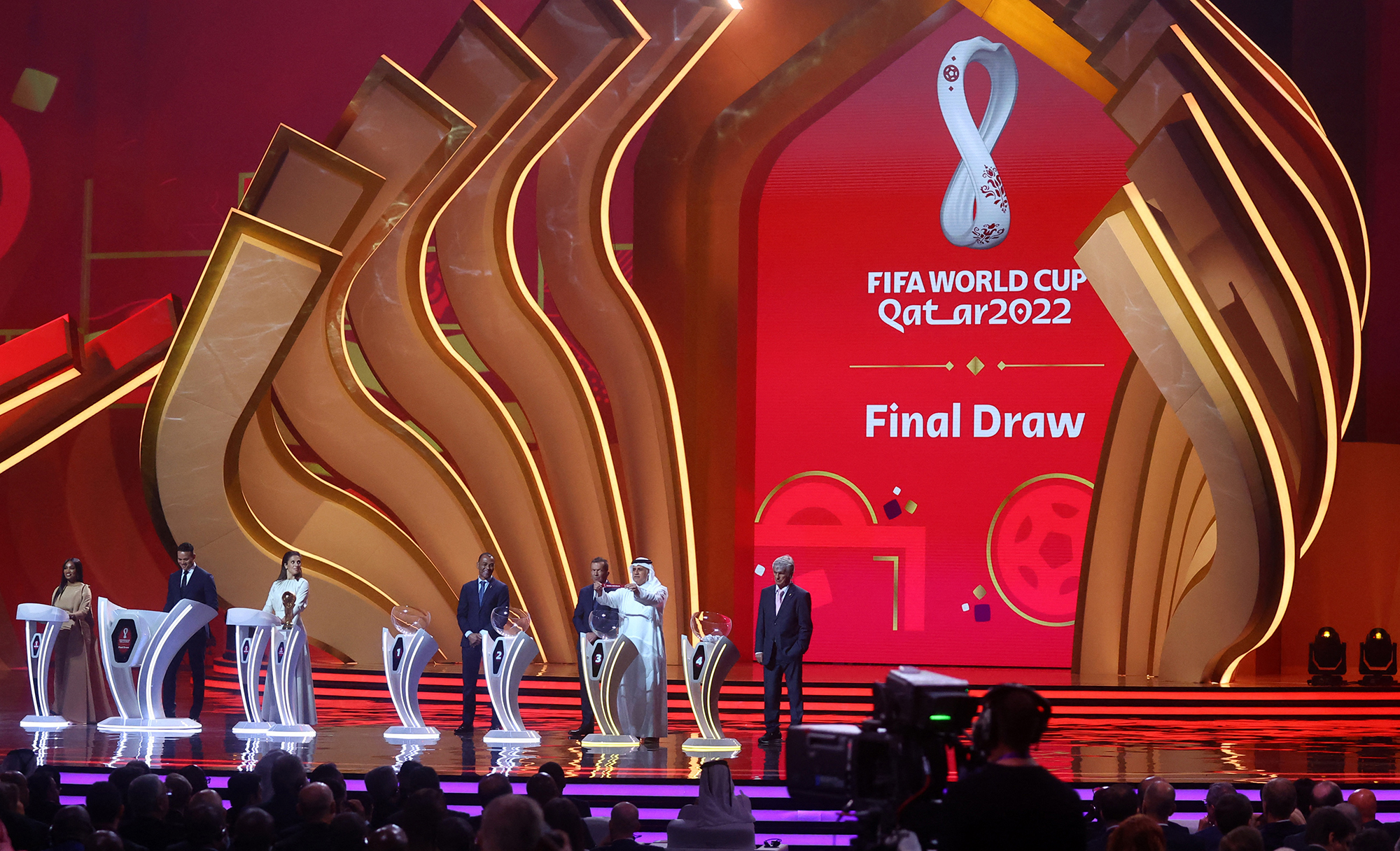A star-studded ceremony on April 1st revealed the groups for this year’s World Cup in Qatar, even as three teams, including the Americans’ third opponent, still have to qualify.
Louis van Gaal said it all with just the hint of a playful smile. The Netherlands’ draw for the World Cup was not easy, he said, with his characteristic bluntness, and nor was it lucky. It was, instead, “colorful.” That was a better word. Ecuador’s sunshine yellow, Qatar’s rich maroon, Senegal’s deep green and that blazing Dutch orange: colorful.
He tried, as best he could, to hide his delight. He knew, after all, that the dice had fallen for him, and for his team, just as he had predicted — in graphic and not entirely serious terms — that it would. Everyone wanted to draw Qatar, the host and by a gulf the gentlest prospect of the top seeds. Only his team had been chosen.
But Van Gaal is too long in the tooth to be fooled. He knows, too, that World Cup draws are not just bombastic and saccharine and filled with time-wasting and content-filling and Idris Elba; they are chimerical, too. They have an oracular quality. Often, they do not mean what they seem to mean at first reading.
Consider Spain and Germany, for example, drawn together early on in Group E. Their encounter will mark the end of the tournament’s first week; it is the only time two of the anticipated contenders to win the competition, to be crowned world champion, will meet in the opening phase. Both seemed to have drawn the short straw.
And then the balls kept on rolling and the names kept on coming and it turned out that both had, in fact, landed on their feet. Japan will be no pushover, and whichever of Costa Rica or New Zealand fills out the group will hardly be content to go quietly. But none have the resources or the quality or the pedigree of Spain and Germany, and both will be confident of making it through.
Or look at England, which managed to make the semifinals in 2018 — and the final of last summer’s European Championship — by virtue of winning knockout games, in regulation time, against Sweden, a pale Germany and Ukraine.
Its good fortune seemed to have held, drawn with Iran, the United States and one of Scotland, Wales and Ukraine, a group far richer in geopolitical intrigue than it is in elite quality.
“I prefer putting balls in the net than flowers,” said Dragan Skocic, Iran’s Serbian coach, when asked about meeting the Americans, a reference to the two nations’ exchanging bouquets when they met at the 1998 tournament. “Football transcends the political stuff,” said his American counterpart, Gregg Berhalter.



